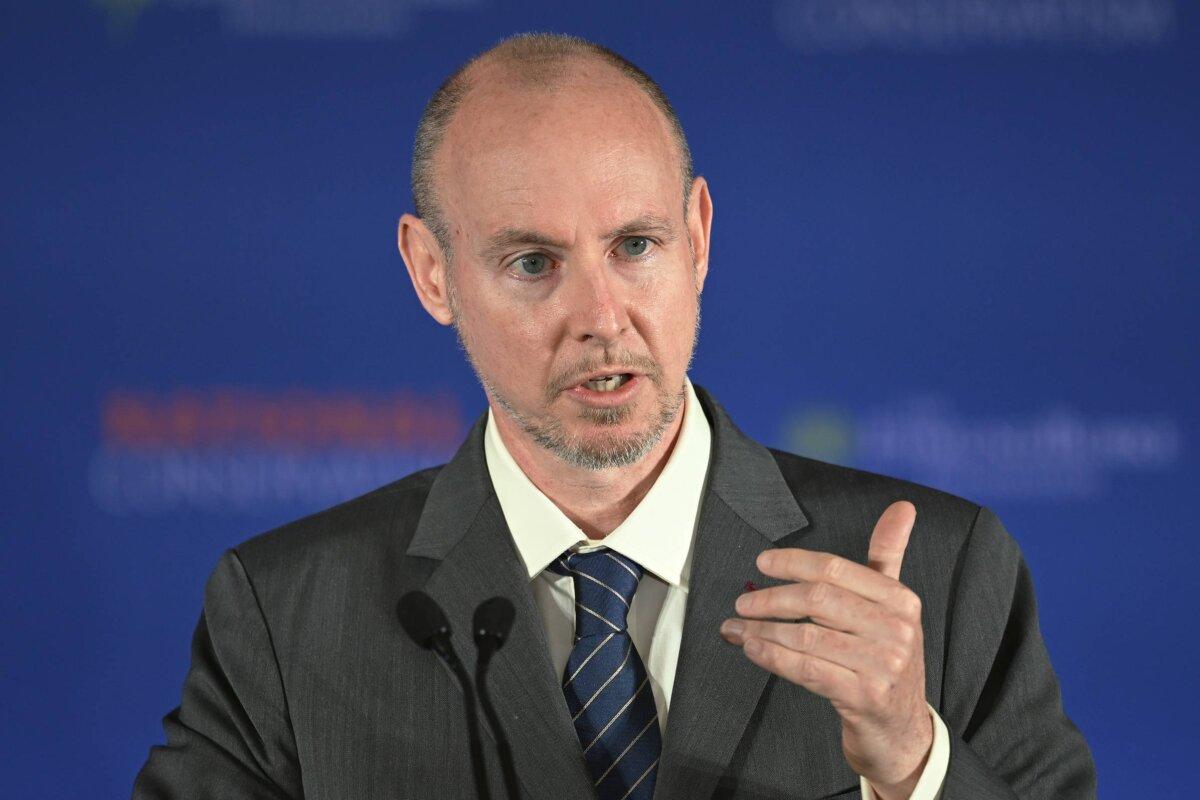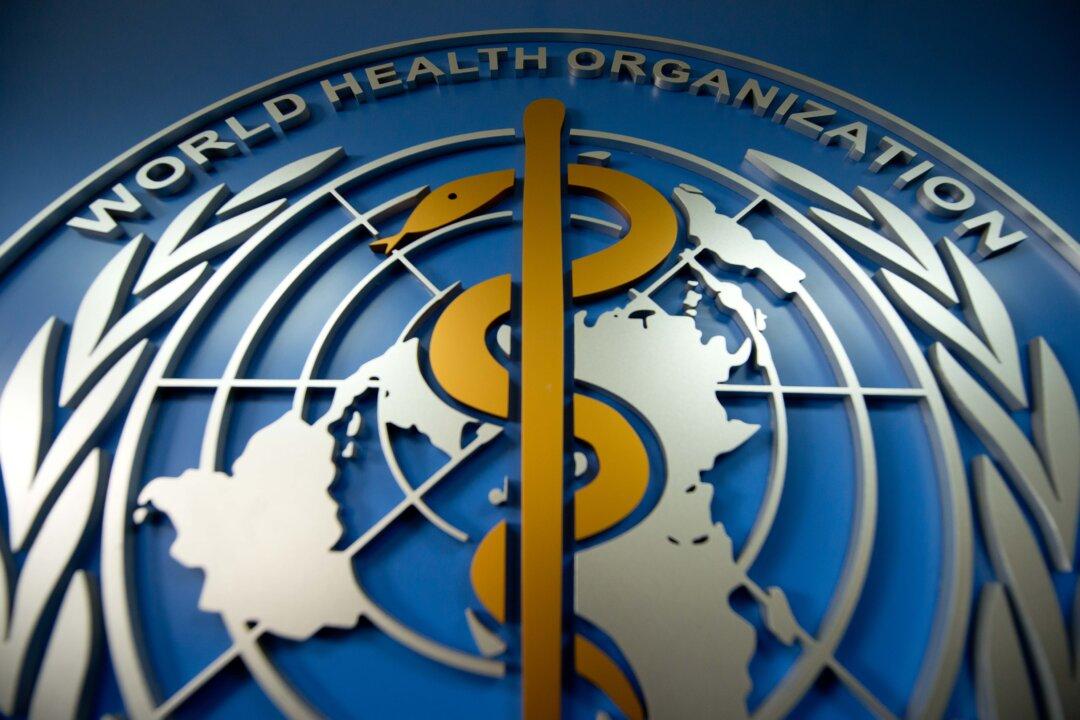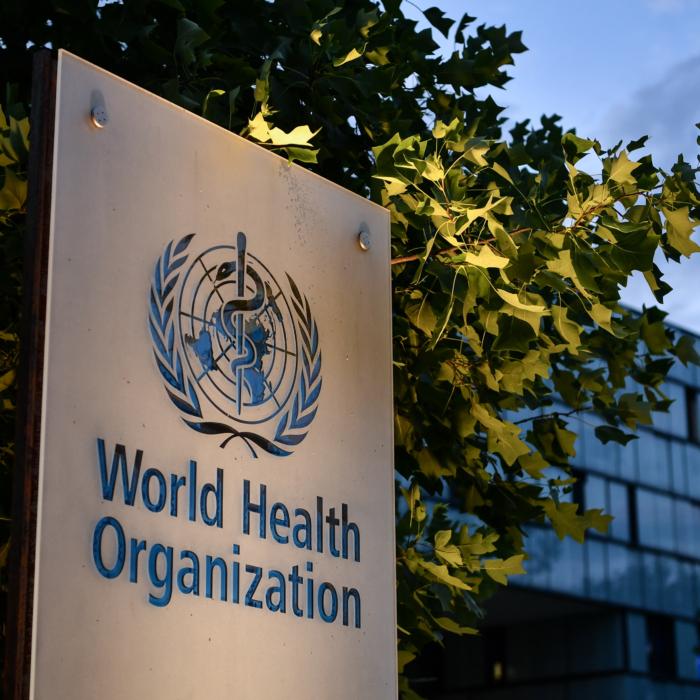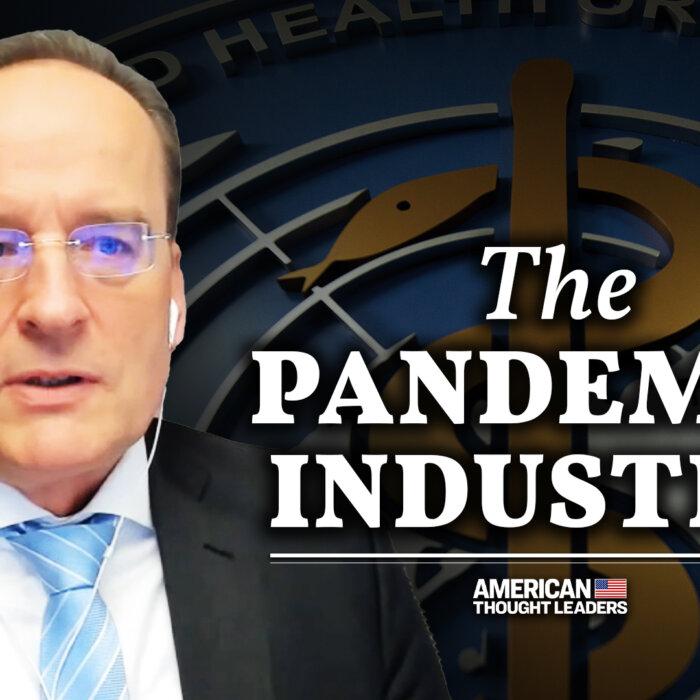A House of Lords debate raised concerns that the World Health Organisation (WHO) could be in breach of its own regulations through proposed amendments to the Pandemic Preparedness Treaty scheduled for this month.
The Conservative backbench peer Lord Strathcarron asked what assessment the government has made of the warning from independent experts at the Brownstone Institute that the proposed new treaty could be in breach of Article 55 of the United Nations, of which the WHO is a branch.
In response, the government’s health and social care spokesman, Lord Markham, said he was satisfied the proposed amendments did comply with Article 55, which stresses the importance of fundamental freedoms and human rights for all.
Lord Strathcarron said, “Irrespective of the WHO’s interpretation of its own rules, the fact remains that [Article] 55.2 clearly states that it is required to give member states four months’ written notice before the amendments are agreed at the end of this month, and it has clearly failed to do so.”
He called for the signing of the treaty to be delayed, “so that we can have proper parliamentary scrutiny of what the government is signing us up to.”
An interim draft of the proposed amendments was released by the WHO in April, just prior to the start of the eighth meeting of the International Health Regulations Working Group in Geneva, leaving just over a month for lawyers, politicians, and campaign groups concerned about the treaty to scrutinise it.
Government Has Been ‘Less Than Transparent’
Lord Strathcarron accused the government of being “less than transparent about the UK’s aims in these negotiations,” and said the WHO’s performance during the COVID-19 pandemic had been “woeful.”Lord Markham said in reply, “We are not going to agree to anything that impacts our sovereignty as a country and our ability to react to a pandemic which is appropriate for this country and this government.”
In response to questions from the opposition about manufacturing capabilities for medical equipment, such as PPE and vaccines, Lord Markham said the country had “mothballed” facilities ready to resume production at short notice, and praised the rollout of the Oxford AstraZeneca vaccine to other nations.
Lord Hannan said it was a concern that the proposed treaty could lead to “the suppression of any attempt to be a Sweden” by refusing to implement “extreme” and “draconian” lockdowns in the event that any future pandemics are declared.
Lord Markham said that while “information sharing” was “vital” for future pandemics, matters such as lockdowns would “always be for the UK government to decide on.”
Labour’s Baroness Merron accused the Brownstone Institute of spreading “dangerous propaganda” because she said it has shared papers claiming that the COVID-19 jabs didn’t work, advised that children should not be vaccinated, and compared vaccine mandates to the “crimes of the Soviet Gulag.”
Lord Moylan raised a concern that the new treaty “envisages a role for the WHO in vaccine certification” and asked how this would have “played out” in relation to the rollout of the UK’s home grown AstraZeneca jab, which is no longer licensed for use in the UK or in the EU.

‘An Urgent Call’
In 2021, world leaders made “an urgent call” for an international pandemic treaty that they claimed would strengthen global pandemic prevention, preparedness, and response.Former Prime Minister Boris Johnson was among the signatories to the article proposing the treaty in March 2021.
In the letter Mr. Johnson and other world leaders said: “The main goal of this treaty would be to foster an all of government and all of society approach, strengthening national, regional and global capacities and resilience to future pandemics. This includes greatly enhancing international co-operation to improve, for example, alert systems, data-sharing, research and local, regional and global production and distribution of medical and public health counter-measures such as vaccines, medicines, diagnostics and personal protective equipment.”
The WHO’s proposals for more data sharing and an increasingly globalised approach to vaccination immediately attracted widespread criticism for the perceived threat to national sovereignty and individual privacy, with initial plans for a “global disinformation unit” subsequently scaled back.
Despite strident opposition from a number of backbench Conservatives, a majority of frontbenchers and opposition MPs support the amendments and claim more international cooperation is needed in the event of future pandemics being declared.
The government maintains that the UK’s position on the exact substance of the treaty “remains to be seen as negotiations continue.”







